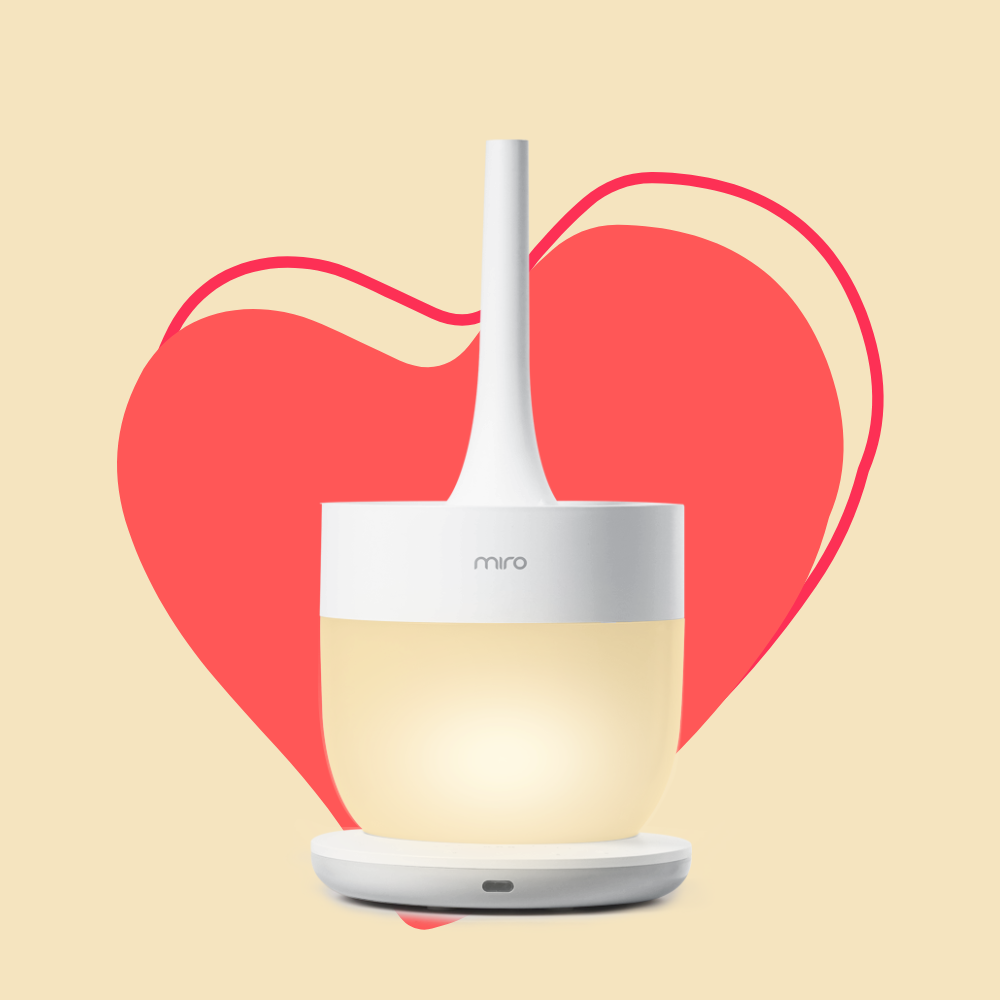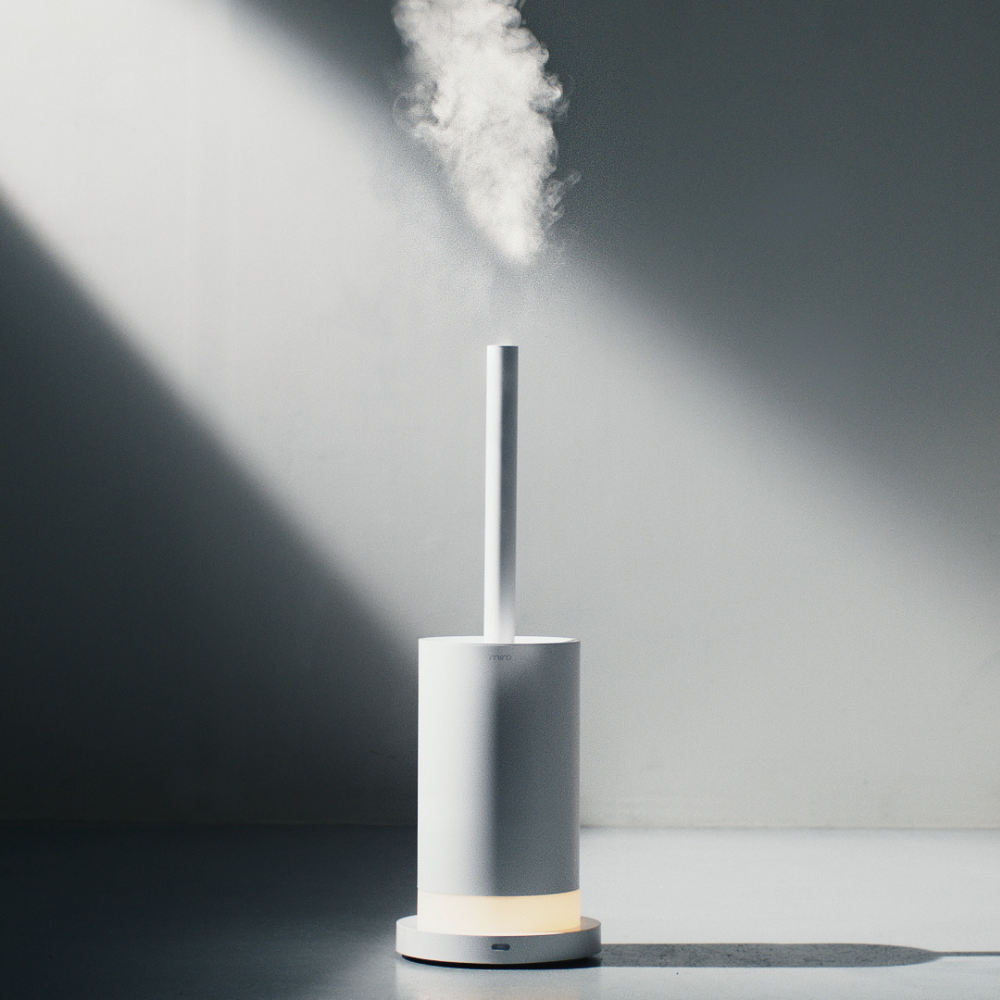

What Can You Add to Humidifier Water?
Humidifiers play an integral role in maintaining indoor air quality, particularly in dry climates or during cold seasons.
These essential home appliances work by dispersing moisture into the air, alleviating various discomforts such as dry skin, allergies, and respiratory issues.
Moreover, by adding certain substances to the humidifier water, you can amplify their benefits and create a more desirable environment in your home.
In this article, we delve into what you can add to your humidifier water and why each option may be beneficial.
1. Rose Water
Rose water, derived from the Rosa Damascena flower, is celebrated not only for its delicate fragrance but also for its many health benefits.
By adding it to your humidifier water, you introduce a gentle, pleasant aroma into your room that also possesses a calming effect, which can promote better sleep.
Furthermore, rose water has been hailed for its antimicrobial properties, helping to prevent the spread of airborne bacteria. It is also believed to enhance mood and soothe skin irritations when used in a humidifier, making it a perfect addition, especially during the drier months.
2. Tea Tree Oil
Tea tree oil, extracted from the leaves of Melaleuca alternifolia, is renowned for its powerful antiseptic properties.
When added to a humidifier, this essential oil can purify the air, eliminating potentially harmful microbes and preventing the spread of airborne infections.
Additionally, its distinct aroma has been associated with stress reduction and improved focus, making it an ideal choice for a home office or study area.
However, always use tea tree oil in moderation due to its potency, ensuring you don't overpower the space.
3. Peppermint Oil
Peppermint oil, derived from the Mentha piperita plant, offers a refreshingly cool scent that invigorates the senses. Its unique aroma has been linked with enhancing mental alertness and reducing feelings of fatigue.
Furthermore, peppermint oil is praised for its ability to help clear the respiratory tract, potentially offering relief from sinus issues, allergies, or common cold symptoms when diffused in the air via a humidifier.
This makes it a popular choice during allergy season or in winter when colds are more prevalent.
4. Lavender Oil
The calming scent of lavender oil, extracted from Lavandula angustifolia, is widely known for promoting relaxation and improving sleep quality.
Adding it to your humidifier water can help create a serene environment, perfect for winding down after a long day.
On top of that, lavender oil is believed to possess antibacterial properties. By dispersing this oil into the air, you may help in reducing airborne bacteria and promoting a cleaner indoor environment.
5. Eucalyptus Oil
Eucalyptus oil, obtained from the leaves of Eucalyptus globulus, is a popular additive for humidifier water due to its invigorating and therapeutic properties.
Its strong, refreshing aroma is known to aid in clearing the nasal passage and relieving symptoms of cough and cold.
Moreover, eucalyptus oil possesses antimicrobial properties, making it a potent ally in the battle against airborne pathogens, contributing to a healthier home atmosphere.
6. Lemon
A few drops of lemon juice or lemon essential oil can brighten up your home with its fresh and uplifting scent. It can also serve as a natural deodorizer, helping to eliminate unpleasant odors.
Moreover, lemon is touted for its antibacterial and antiviral properties, implying that it may help to cleanse the air of potential germs when dispersed via a humidifier.
7. Glycerin
Adding glycerin, a colorless and odorless liquid, to your humidifier water can enhance its misting capabilities.
As a humectant, glycerin attracts moisture from the air, promoting a more humid environment. This is especially beneficial in areas with dry climate or during winter months when indoor air tends to be drier.
8. Liquid Vick
Liquid Vick, a product known for its potent mix of menthol, eucalyptus oil, and other ingredients, can be an excellent addition to your humidifier water.
It's especially beneficial for those suffering from a blocked nose, cold, or cough, as the vapors can help clear the respiratory tract and offer relief from congestion.
9. Vinegar
While it might seem unconventional, adding a small amount of vinegar to your humidifier water can serve a very practical purpose.
Vinegar, particularly white vinegar, is known for its disinfectant properties. Using it in your humidifier can help clean the system from the inside, preventing the buildup of mold and bacteria that could otherwise be dispersed into the air.
10. Humidifier Tablets
Humidifier tablets are specially formulated products designed to be added to humidifier water.
They often contain ingredients that prevent the growth of bacteria and mold within the humidifier, enhancing its efficiency and lifespan.
Some tablets may also include essential oils or fragrances to impart a pleasant scent to the environment.
FAQs
Is it safe to add these substances to the humidifier water?
Yes, it is generally safe to add these substances to the humidifier water. However, it's important to follow the manufacturer's instructions and guidelines for your specific humidifier model.
Using substances in moderation and diluting them properly is key to avoid overpowering the air with strong scents or causing damage to the humidifier.
Can I mix different substances together in the humidifier water?
It's generally not recommended to mix different substances together in the humidifier water.
Each substance has its own properties and benefits, and mixing them may alter their effectiveness or create an undesirable combination.
It's best to use one substance at a time or consult the manufacturer's instructions for any recommended combinations.
How much of these substances should I add to the humidifier water?
The amount of substance to add depends on the size and capacity of your humidifier.
It's crucial to refer to the manufacturer's instructions for the recommended amount or dilution ratio. In most cases, a few drops or teaspoons of the substance are sufficient.
Using too much may cause an overpowering scent or potential damage to the humidifier.
Can I use tap water with these additives?
It's generally recommended to use distilled or filtered water in humidifiers to minimize mineral buildup and prevent the dispersal of impurities into the air.
However, for certain additives like vinegar or humidifier tablets, tap water can be used. Always check the instructions or guidelines provided by the humidifier manufacturer for water recommendations.
Can these additives cause any health issues?
When used correctly and in moderation, these additives should not cause any health issues.
However, individuals with respiratory sensitivities or allergies should be cautious when using certain substances, such as essential oils, as strong scents may trigger symptoms.
If you have any concerns, it's advisable to consult with a healthcare professional.
How often should I clean my humidifier when using additives?
Regular cleaning of your humidifier is essential, especially when using additives. Follow the manufacturer's instructions for cleaning and maintenance.
Typically, it's recommended to clean the humidifier every few days or weekly, depending on usage. Regular cleaning helps prevent the buildup of mold, bacteria, and mineral deposits.
Can I use these additives in all types of humidifiers?
The use of additives may vary depending on the type of humidifier.
Always refer to the manufacturer's instructions or guidelines to determine if adding substances to the water is suitable for your specific humidifier model. Ultrasonic and cool mist humidifiers are generally more compatible with additives compared to warm mist humidifiers.
Conclusion
In conclusion, there are numerous options for enhancing the functionality of your humidifier by adding different substances to the water.
From essential oils offering various health benefits and pleasant fragrances to practical substances like vinegar or humidifier tablets, the choice depends on your individual needs and preferences.
Always remember to follow your humidifier's instructions and guidelines when adding any additives to ensure the appliance's longevity and optimal performance.


